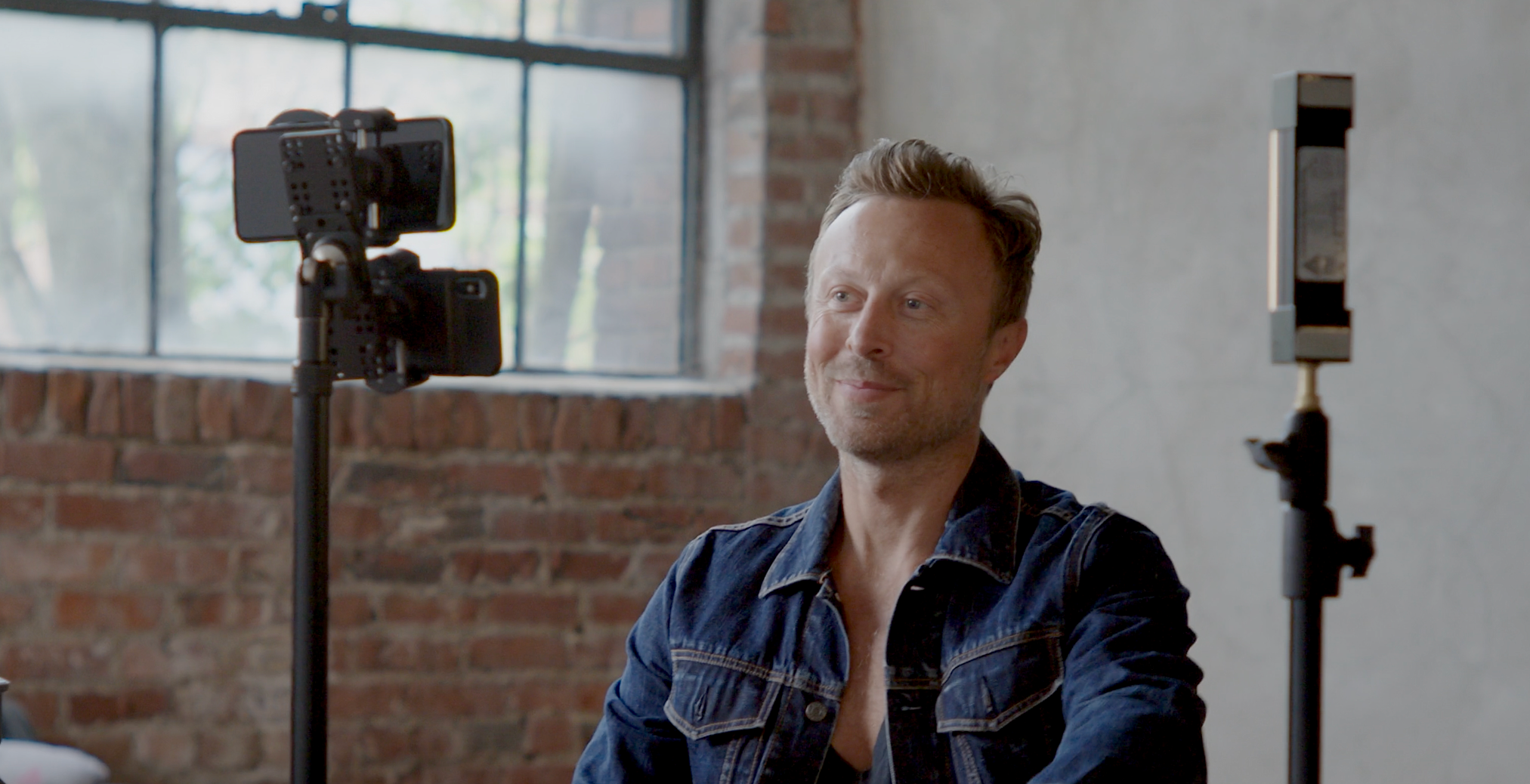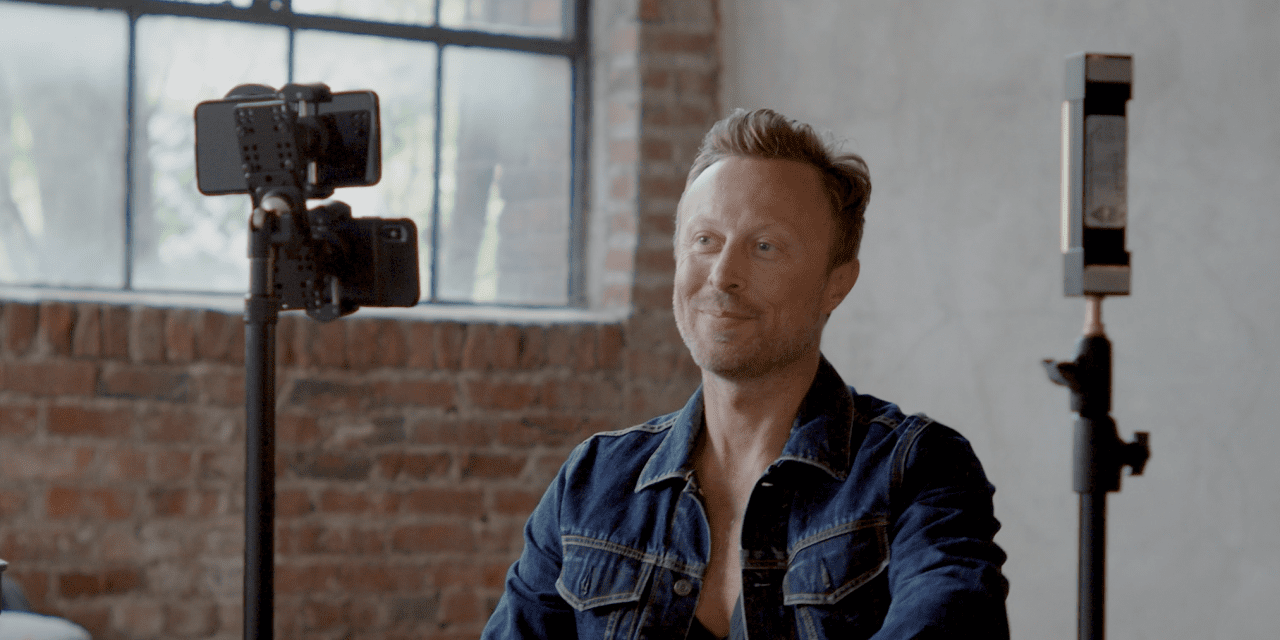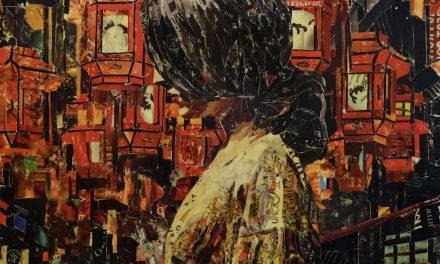Arguably, a positive consequence of COVID-19 is that it has made a lot of businesses think creatively about alternatives to normal operations. This topic is expressly addressed by McKinsey & Company’s Global Survey of Executives titled, “How COVID-19 has pushed companies over the technology tipping point—and transformed business forever.” Of those participating executives, the survey says, “Their companies have accelerated the digitization of their customer and supply-chain interactions and of their internal operations by three to four years. And the share of digital or digitally-enabled products in their portfolios has accelerated by a shocking seven years.”
At the local level, many Tennesseans have witnessed innovation at work in their own lives, including the growth of services like telehealth or remote ordering options. Outside of offices and traditional work, this idea of adopting alternate practices or technologies has allowed people to keep working in different fields, including video production.
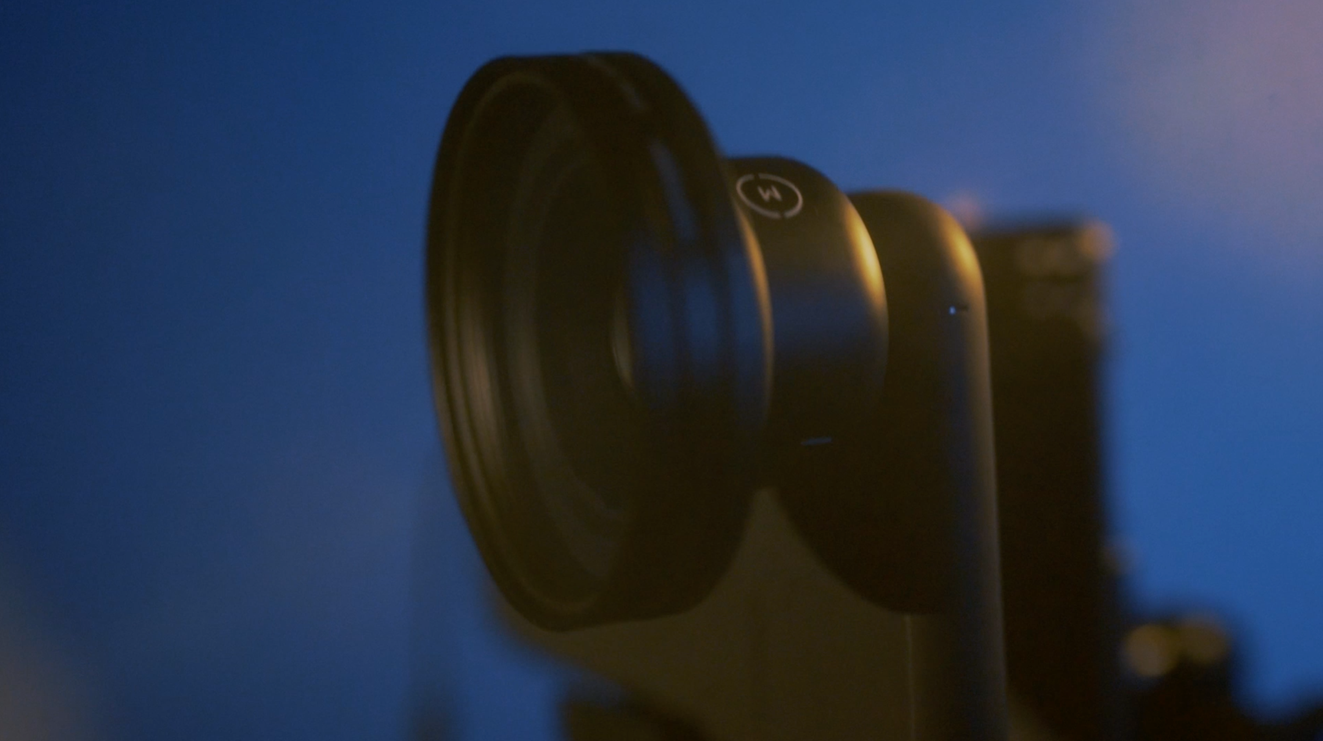
Will Holland is a Nashville filmmaker who, according to his website, has had his work featured by The New York Times, Rolling Stone, and American Songwriter. He studied photojournalism at Middle Tennessee State University (MTSU), and he says that the combination of writing and photography led him to become a director since it’s a style of storytelling so heavily led by visuals. His spot for Bose speakers earned him a nomination from D&AD’s Next Director Award, and he won an award from London’s Mofilm’s Best New Director.
Flexibility and the ability to work in a variety of different situations with different teams is important. In his capacity as a director, Holland works with a number of production companies, basing his selection on the type of job for which he has been hired. Will shares that the current age of production is something that’s “open,” and that “more keys to the kingdom” has led to production needs becoming more personalized. He explains, “I think that… a lot of these ‘production walls’ have fallen. You don’t necessarily need to rent to a gear house if you know five people in town who are constantly updating and buying gear. And you don’t necessarily have to sign on exclusively with a production company to be pitched when a lot of agencies and brands just want to find directors who they want to work with.”
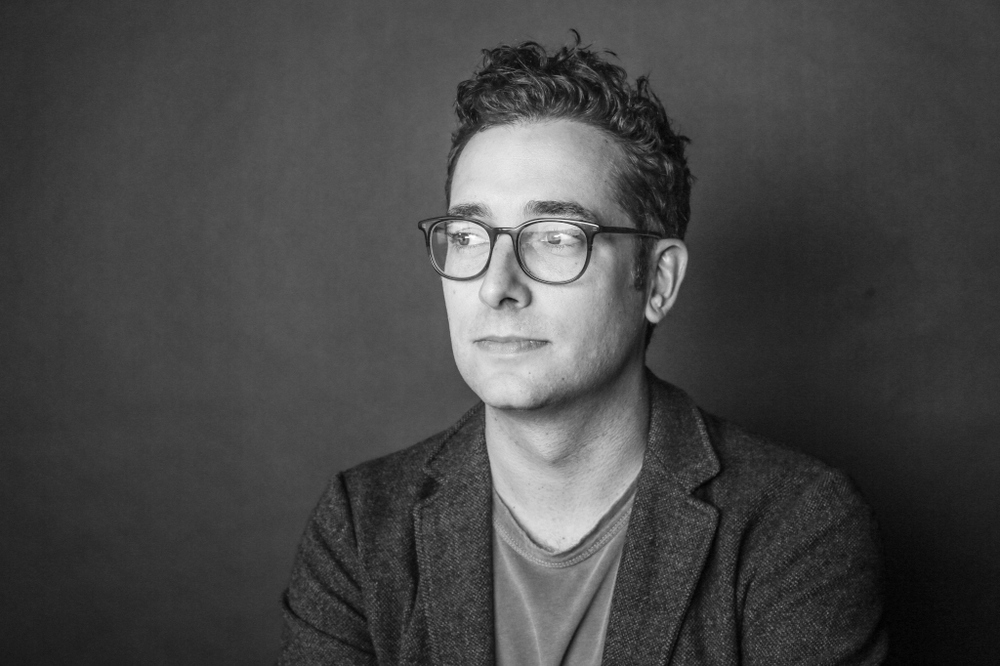
Will recalls that when the pandemic first hit, he was trying to find a way to continue staying busy. He started calling colleagues to see how this might be possible. One of those calls was to Nathan Thompson, President of the Nashville Filmmakers Guild, who owns the video production and gear rental company, Contrast Visuals. Nathan shared with Will a project that he had been working on—remote rental, video production kits.
“I had him send me one,” Will says. “Like he would ship to anyone across the world.”
Together, the two have spent the last several months making updates to these kits and pitching the idea to companies. They started out simple and small. Will explains that the kits were DIY video production packages that included cameras, mics, light kits, and other gear necessary for a professional shoot. The client would hop on a call with one of the directors of photography trained by Will or Nathan to walk the client through the process of utilizing the kit.
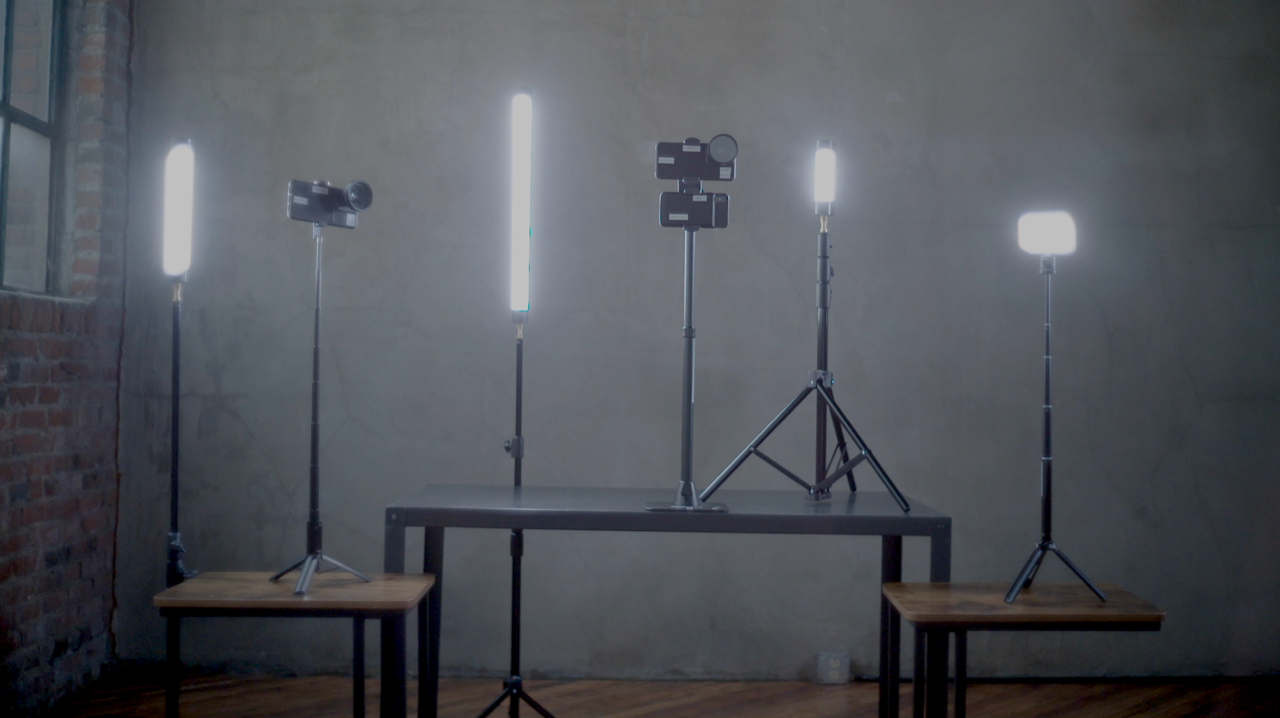
“You’re being talked through every single step,” Will explains. “And we have these steps down like a script, essentially. And the operator walks you through it… you’re just kind of the hands for our operator. You don’t have to really know what you’re doing at all.”
Once the kit is assembled, a director of photography will then remotely operate the video production equipment. When the video shoot is complete, clients are able to pack the production equipment and ship the kits back to Contrast Visuals in Nashville.
Will says that he’s built 10-12 kits now. He expects to build more as the pandemic continues. These kits can operate one to two cameras, and can include teleprompting when needed by the client. In addition, they allow the remote directors of photography to control aperture, focus, or white balance. After testing these cameras, Will reached out to his producer and agency contacts, giving them the pitch for the remote production kits.
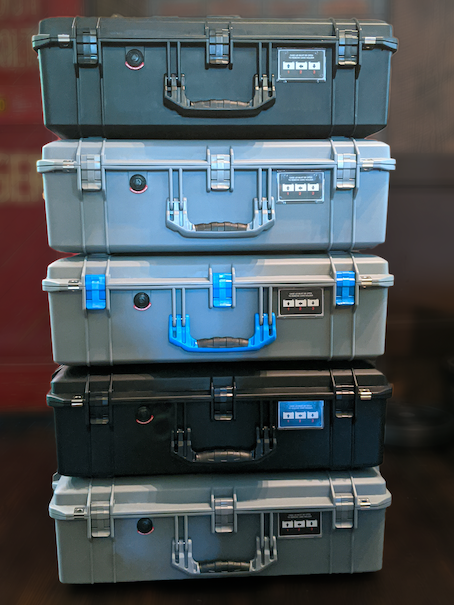
Using these kits, Will has been able to do between 40-50 shoots all over the world, including shoots in Canada, the U.K., and Australia.
Will describes the experience of remote production operation as “a good journey.” He says, “It’s been really interesting, because we kind of found the flow, and I run it like a set. So, I’m kind of like an [assistant director]/director, and the needs are all very different.”
These needs will vary, depending on the shoot, and may include 20-30 minutes of dialog, multiple parties talking to one another, or other requests made by the client. Will points out that even though traditional production is on hold for a lot of production professionals, many companies still have needs for such media.
Speculating on how such kits could be used after the threat of COVID-19 has passed, Will predicts that the remote option for shooting video content is something that will gain popularity. He bases this assessment on his work doing remote work for video edits and color correction work, as well as conversations he’s had with different production companies. He says that the remote options for doing video shoots can eliminate some travel costs when multiple people aren’t needed on set to operate production gear.
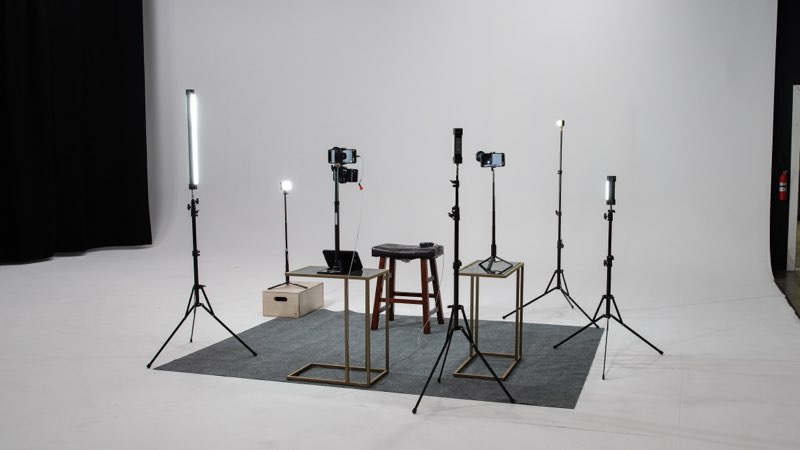
While he doesn’t see this being used so much for commercial video production, he says that this could be a tool considered for documentary filmmakers who don’t have strict requirements that cannot be satisfied by such kits.
“I think that in documentary [film], this is going to change a lot. If you think about if you’re shooting a doc, and you’re in LA, and you need one interview in Louisiana, and you’re looking at your budget and how you want to spend it, it’s like people aren’t going to want to send a camera crew out to Louisiana anymore to get that one pick-up interview. They’ll just send kits like this… [at] a fraction of the cost.”
Will Holland may be contacted via his website and social media for information about his commercial and film projects. For further information on Contrast Visuals—including details on the remote shoot kits—be sure to visit their website.
